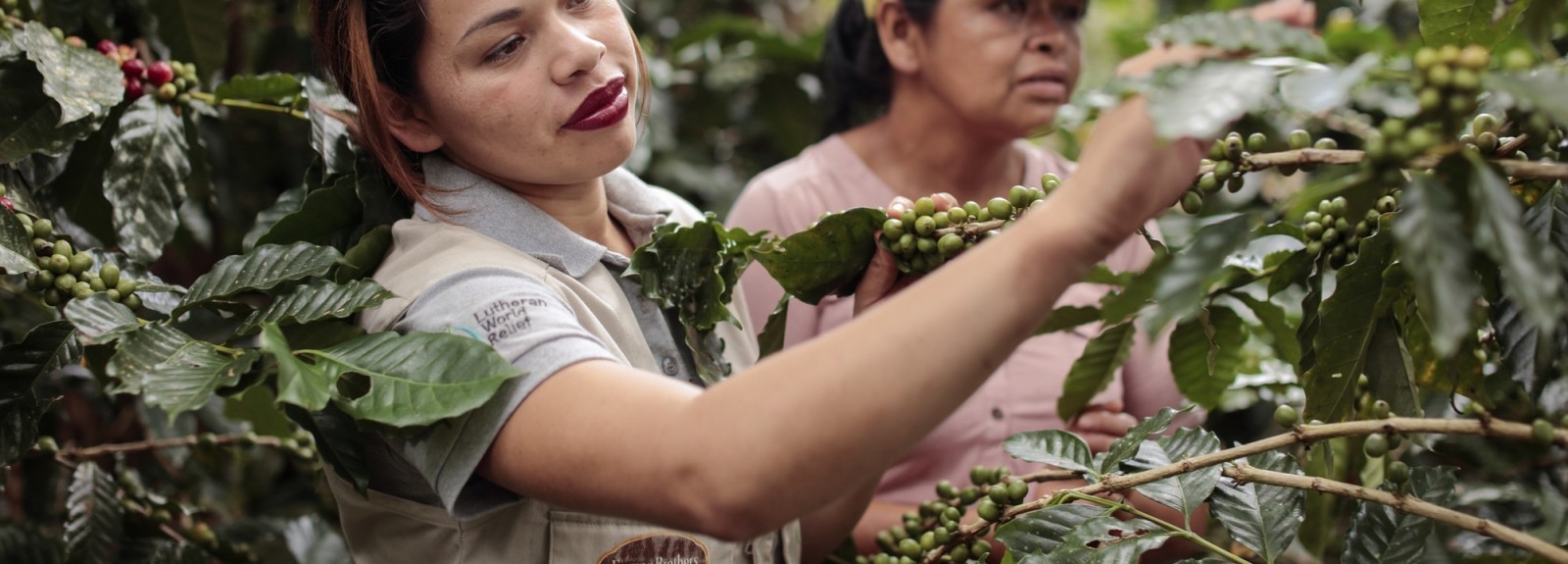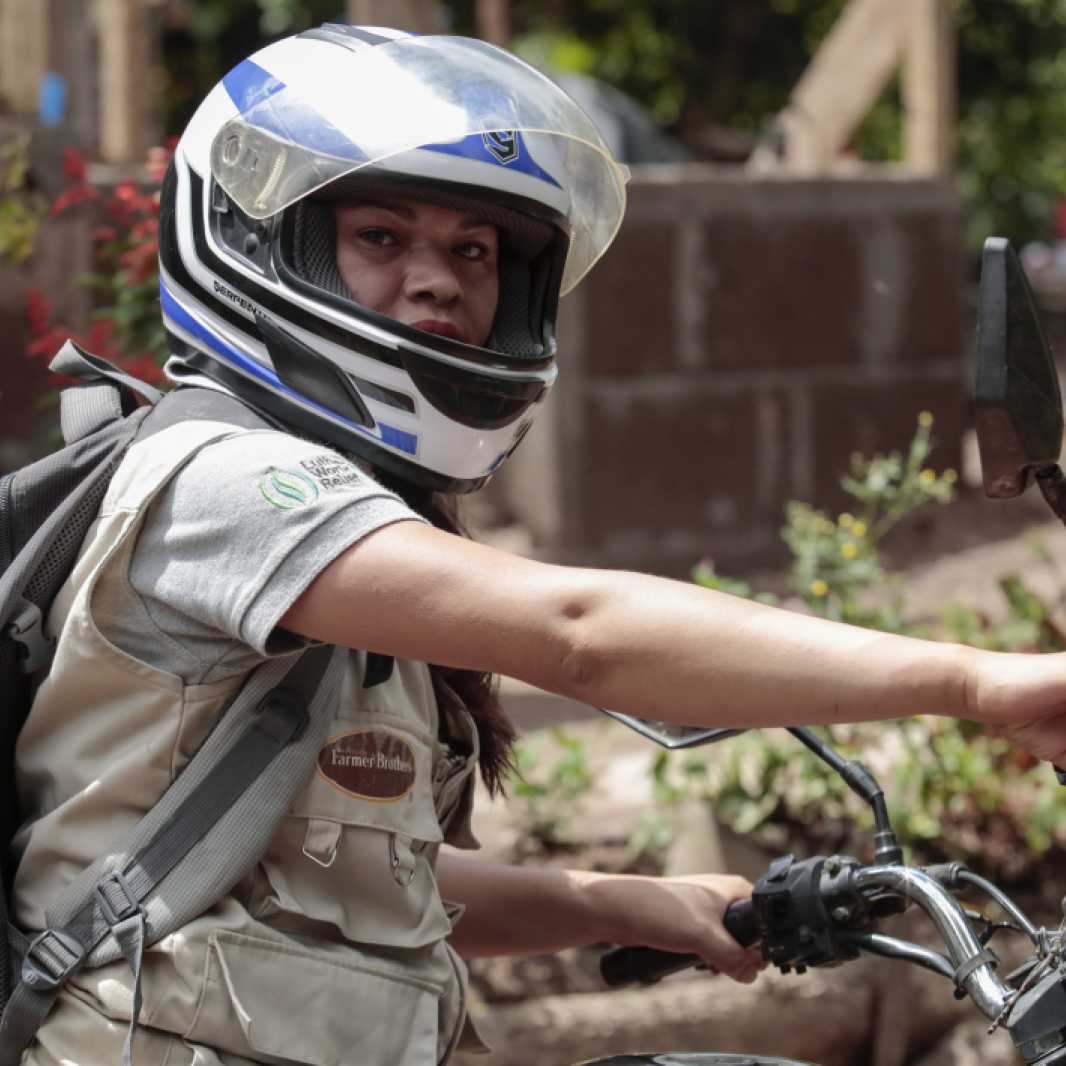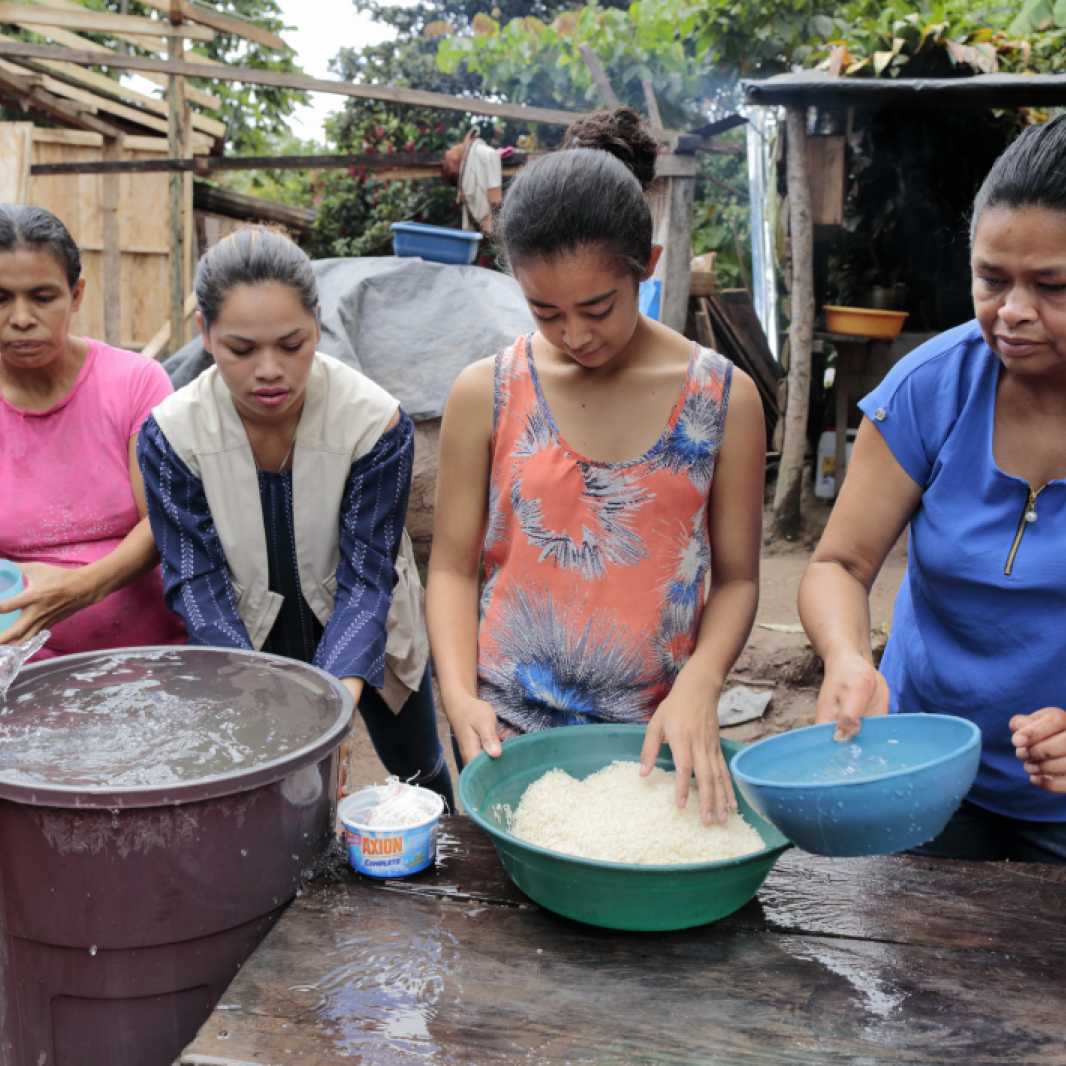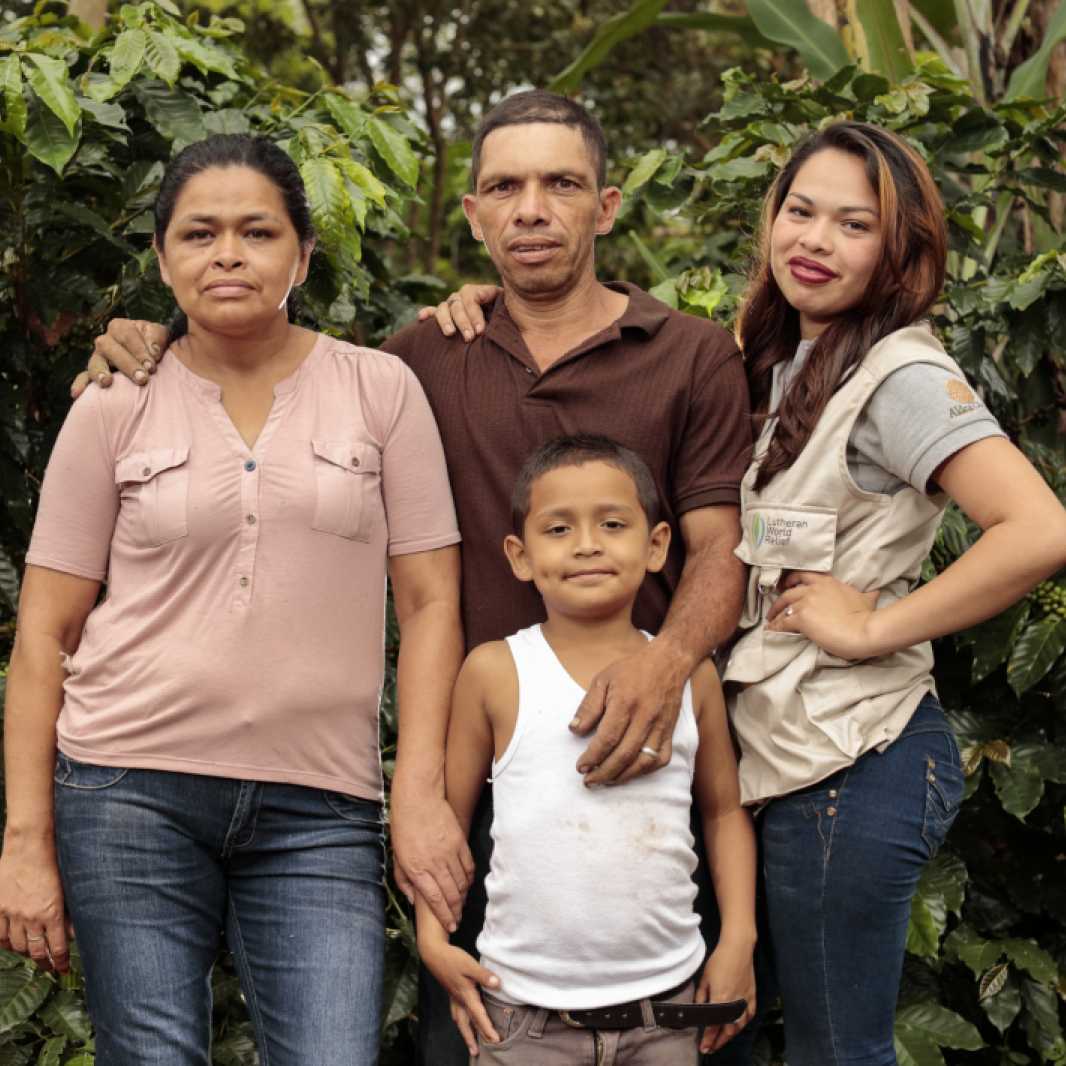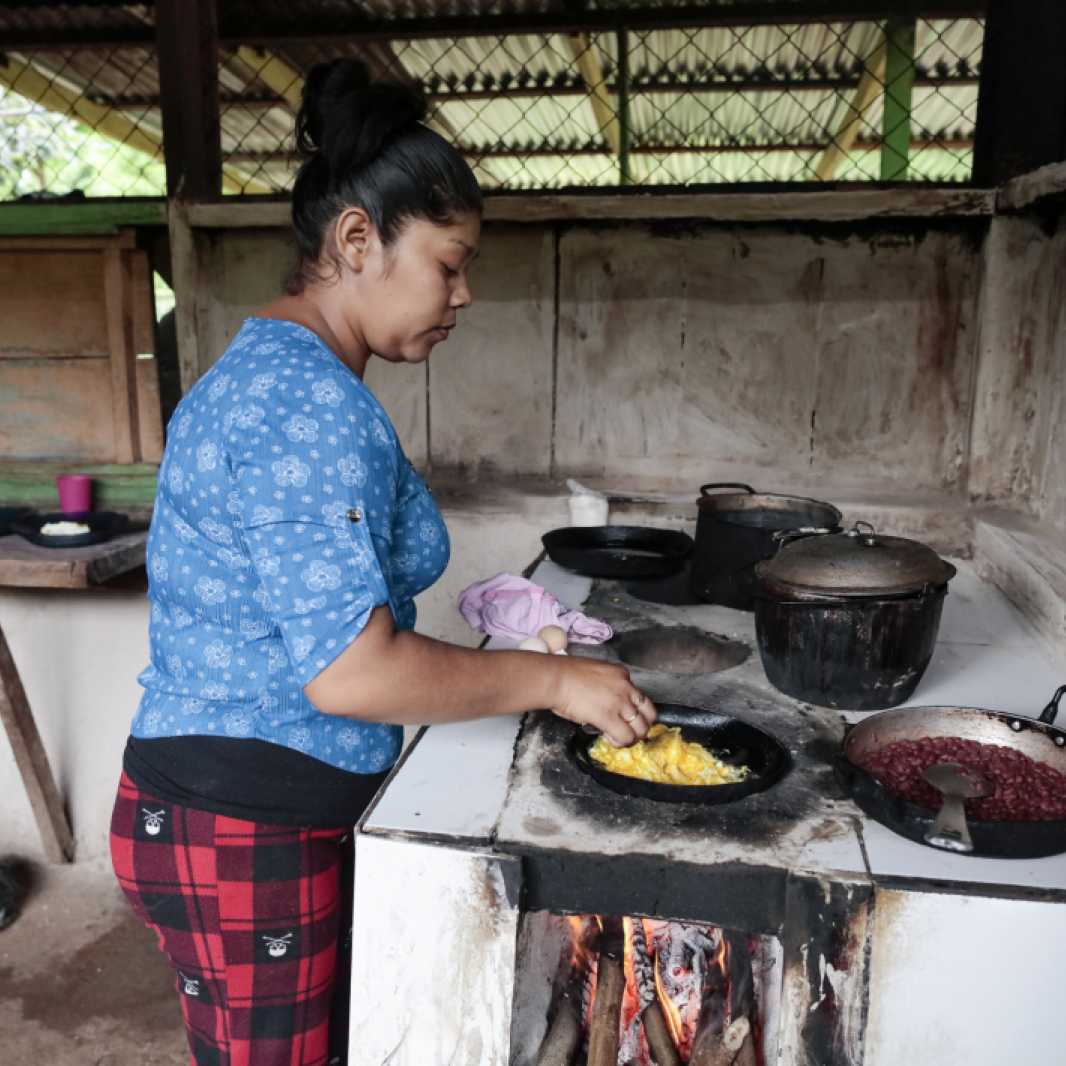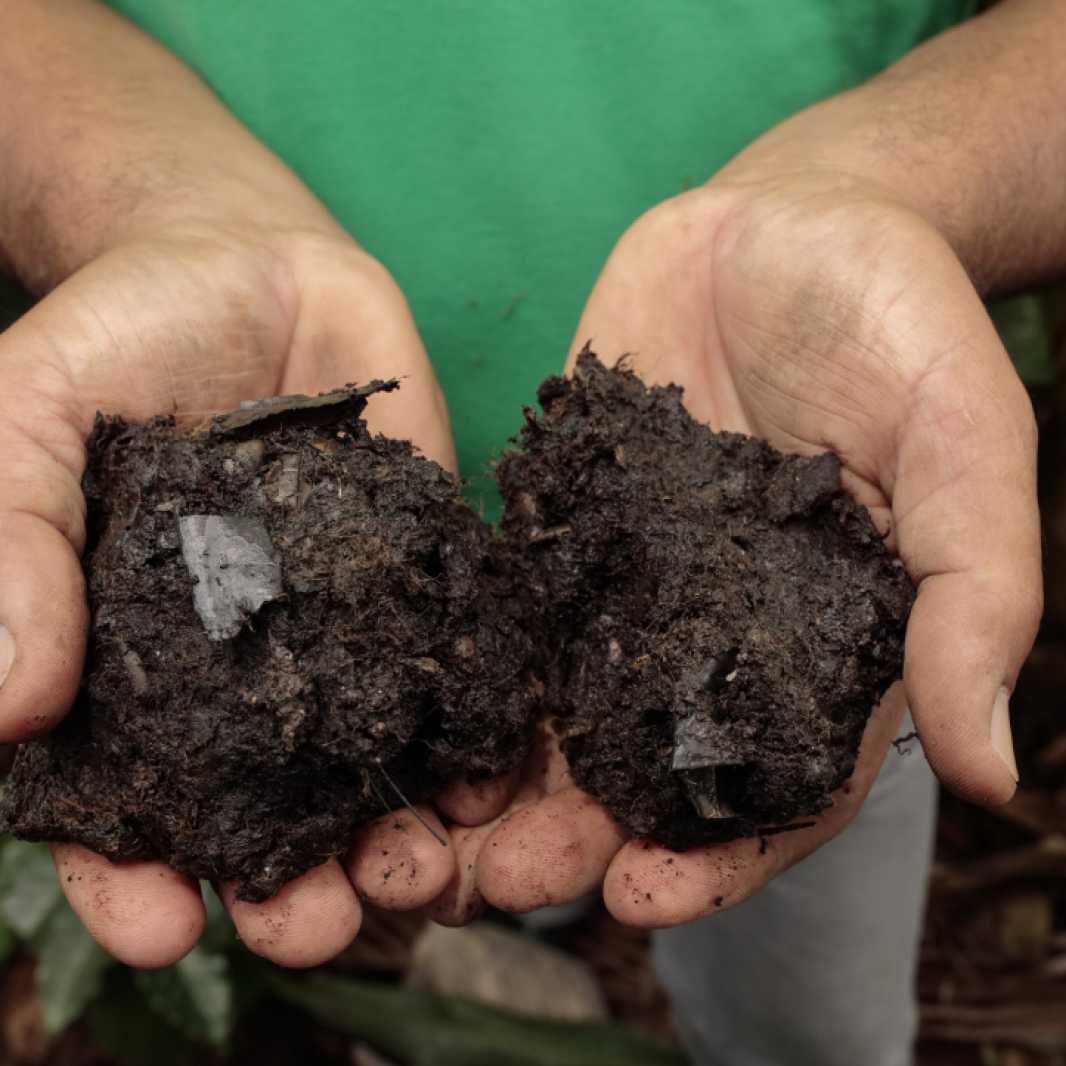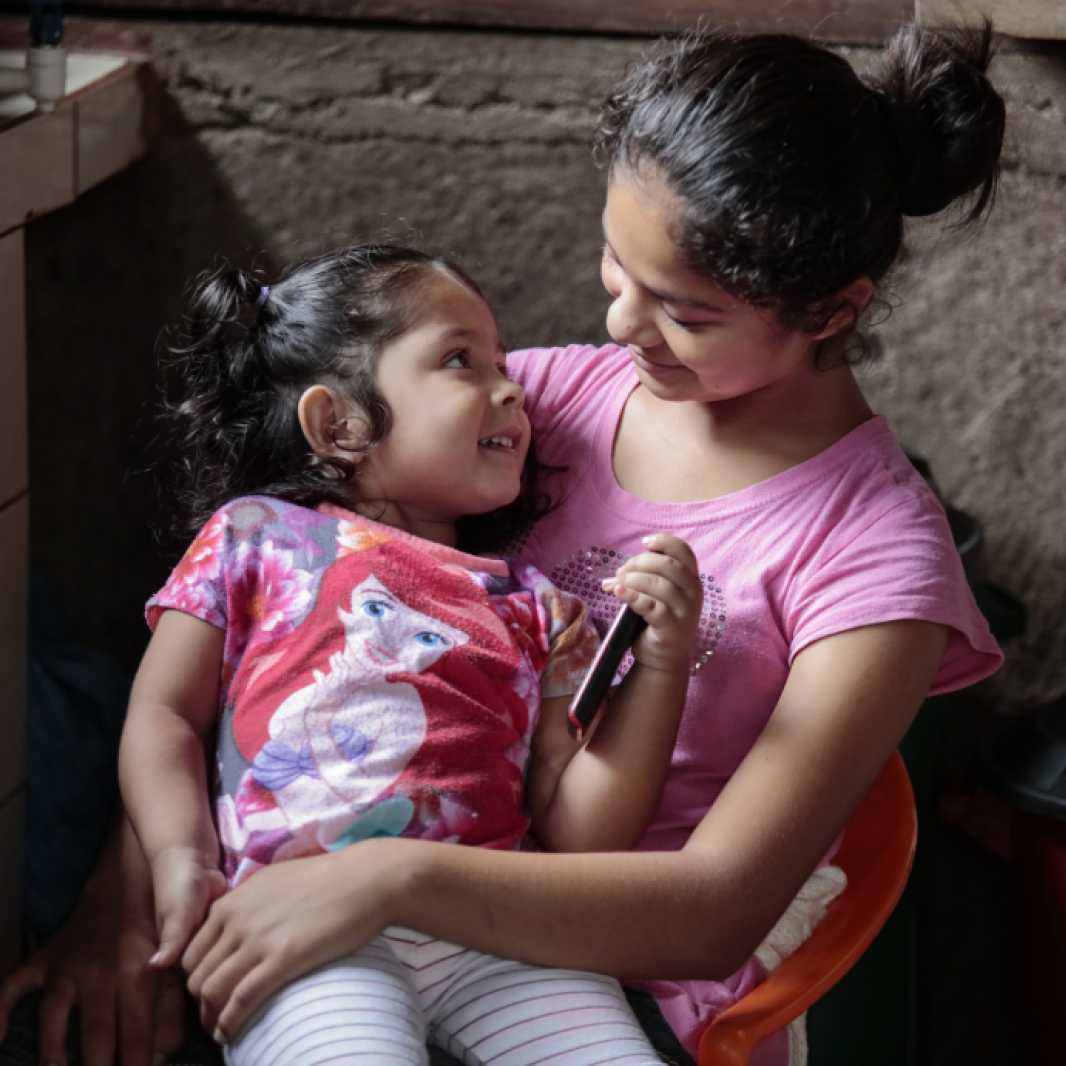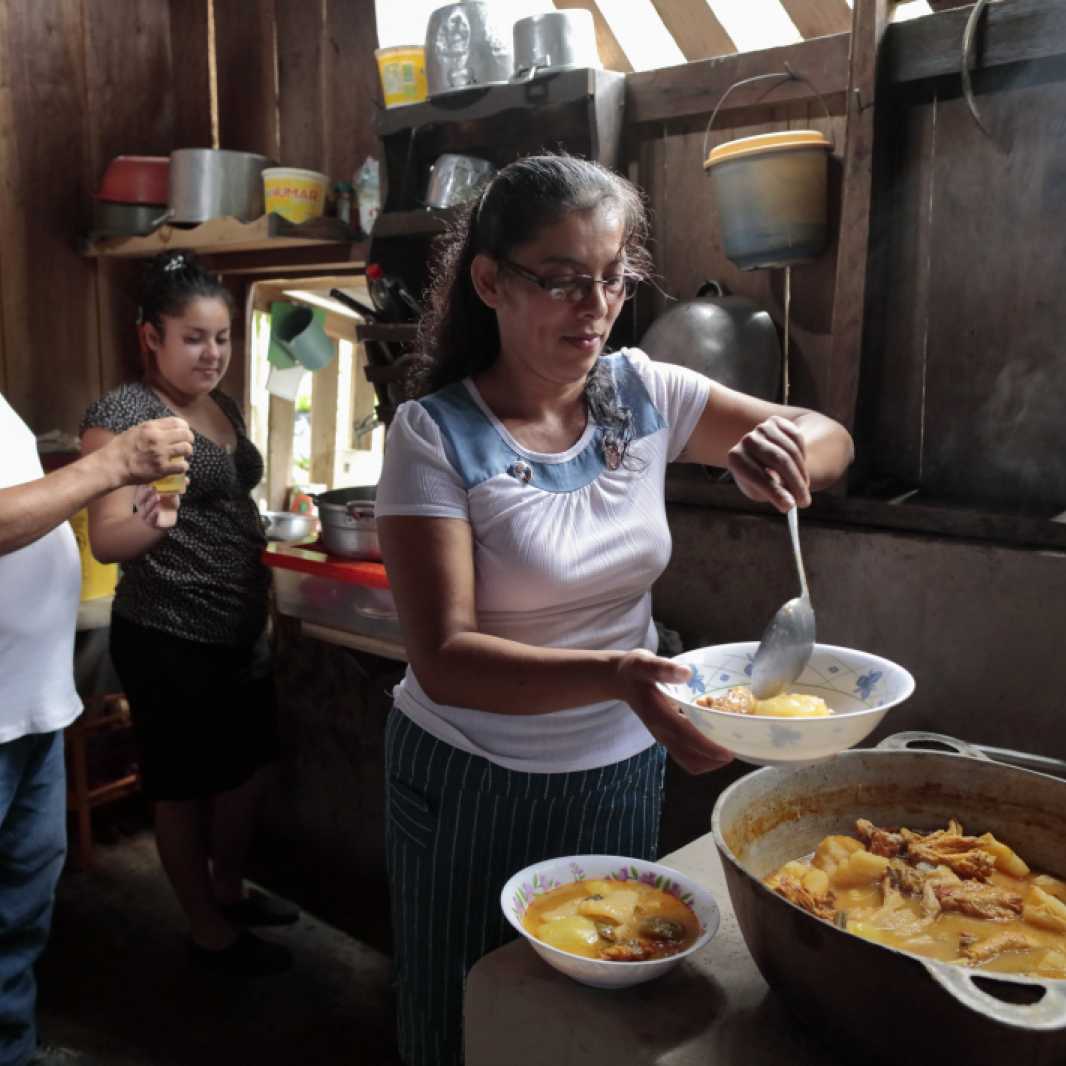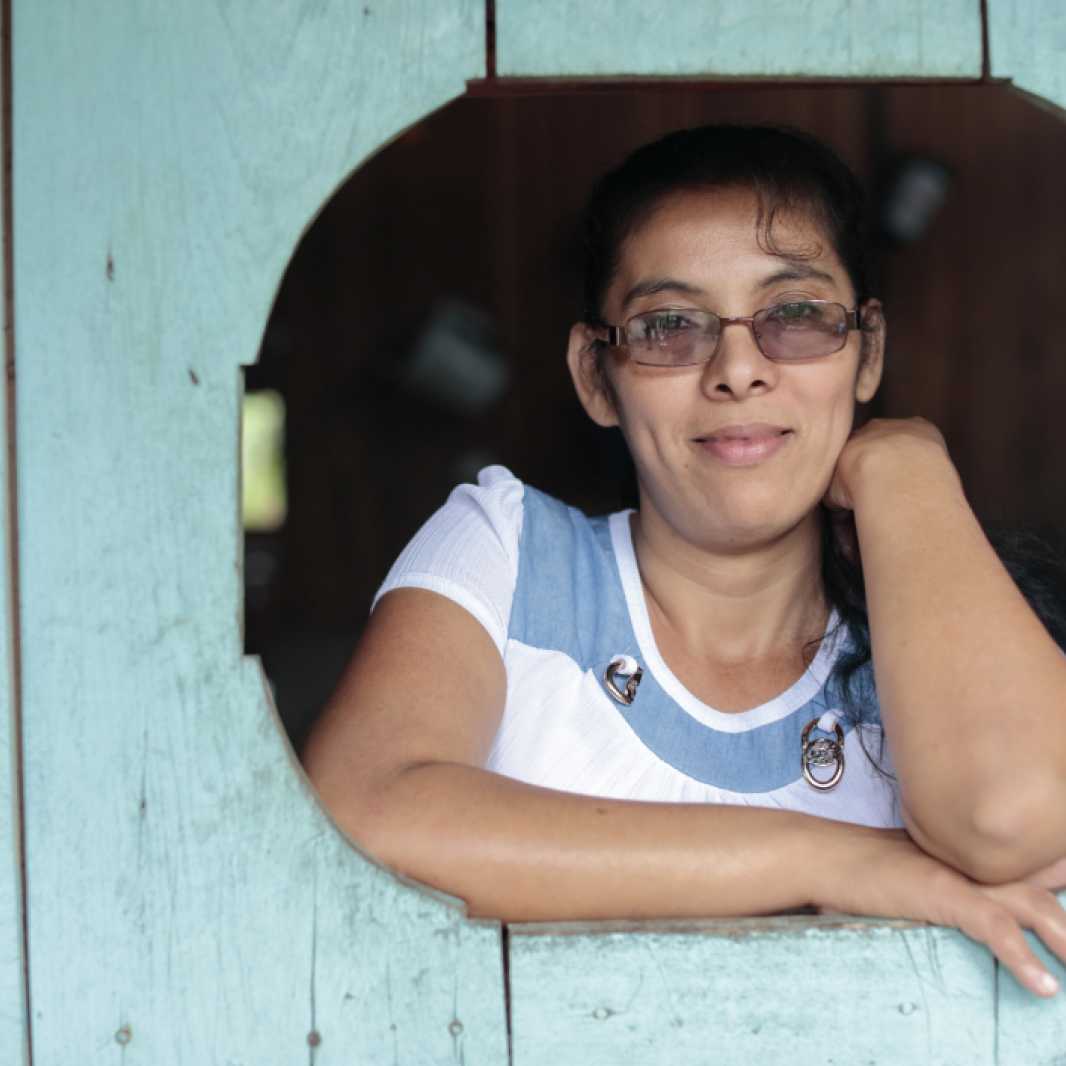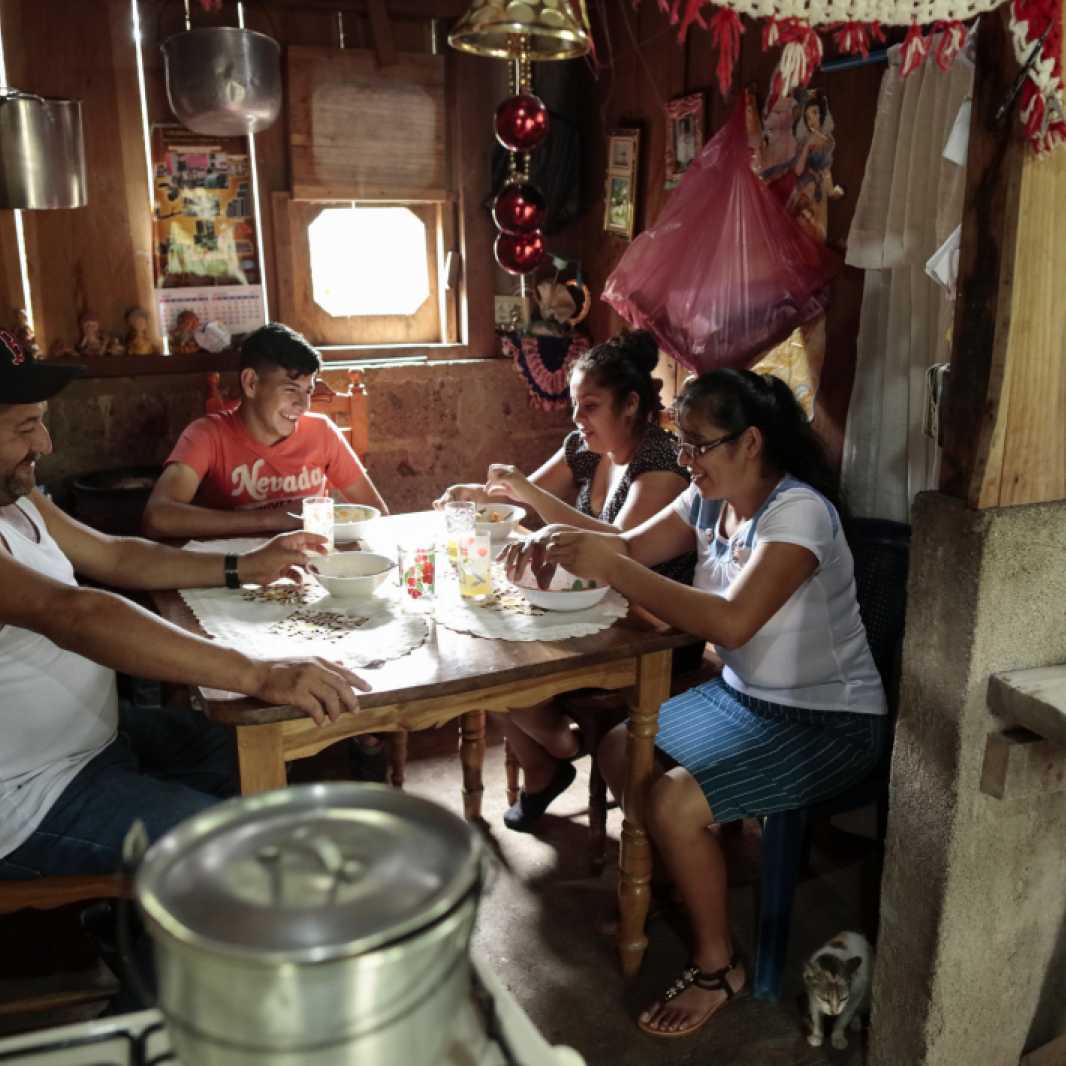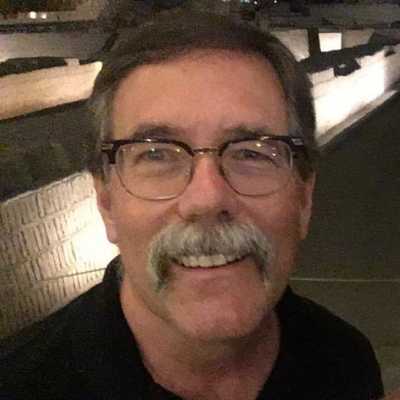As the average age of coffee farmers rises globally, here's one approach to engaging their children
Across the developing world, coffee farmers face a dilemma: they’re growing older – the average age of the coffee farmer is over 60 years old – but their children have no interest in taking their place. The younger generation tends to migrate to cities, where they’ll have a better chance at making a living.
In Jinotega (Hee' no-te'ga), the heart of Nicaragua's coffee-producing region, Lutheran World Relief is working to find solutions with Farmer Brothers, a U.S. coffee roaster, wholesaler and distributor of coffee, tea and culinary products. Through the Sustainable Coffee Program, we are striving to assist 350 coffee-farming families who by improving the quality and productivity of their crop, which will ultimately increase their income and help them to thrive. And we've engaged the children of the coffee farmers to help achieve that goal.
About 60 young people — ranging in age from early 20s to early 30s — have been trained as outreach promoters, a kind of agricultural extension agent, by a professional certified agronomist. They regularly visit farmers to pass along the most up-to-date information they've learned about growing techniques, plant diseases, environmental practices and market information.
An additional benefit to engaging youth in the coffee sector is that more of them are planning to stay involved for the long term. That means that coffee in Jinotega has met its next generation.
Here are some stories about these young outreach promoters and the farmers they are assisting.
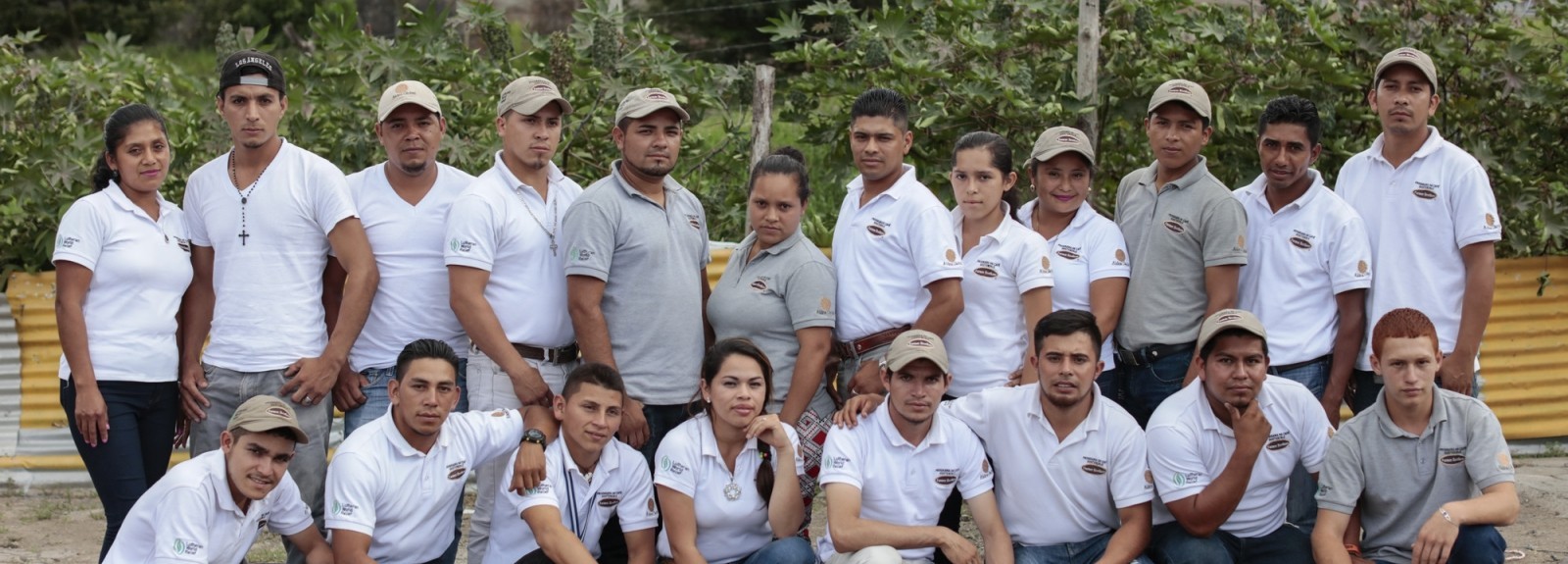
Maryeli López Chavarría
Several times a week, Maryeli López Chavarría, 22, hops on her motorcycle and drives down the hill from her family’s mountainside coffee farm in the community of El Guapinol to visit the neighboring farmers who have been assigned to her in the Sustainble Coffee Project. She assists 26 farmers in her community, and she says the work comes naturally to her, as she has accompanied her father to the fields since she was 8.
Maryeli lives with her father, Angel Serafin Lopez Ubeda, 42, and her mother, Melania Isabel Chavarria, 40. Her parents are also part of the program carried out by LWR and funded by Farmer Brothers. Through their participation with local cooperative, Aldea Global, they have been able to access credit to make improvements to their farm and their home. The latest project is a new, expanded kitchen, which her father is building himself.
Maryeli and her mother say they have especially appreciated the fact that, in addition to agricultural themes, the program also includes training in equity.
"Men should not have exclusive power to make decisions in the house, because there are many men who are machistas (male chauvanistsa), and don’t give any power to the women," Maryeli says. "In the workshops one of the objectives is to change the mentality of people, to have a more equitable mentality between men and women...So realizing that and adapting to that is difficult for a lot of men."
Maryeli says the project has inspired her to pursue a four-year technical degree — in agronomy, of course — which requires a two-hour motorcycle ride to the city of Jinotega several times a week.
With youthful enthusiasm, she clearly sees the road ahead.
“I’d like to have a farm of my own,” she says. “And run it by myself.”
Jaime José Quezada
Jaime, 23, is one of the more experienced promoters, having worked with the cooperative for three years. So he helps to support new promoters.
Like many of Jinotega's farmers, coffee is his family's heritage.
"For me, I've been around coffee since I was a boy. My dad, my grandparents and my great grandparents were all farmer. So I grew up in this environment. I know coffee."
We’re constantly being trained: How to talk to producers, how to approach them, how to raise awareness with them. We learn how to maintain the quality of the coffee. We also learn about climate change. How to employ environmentally friendly practices. We focus on quality over quantity.
Jaime says the Sustainable Coffee Program has opened a number of possibilities to him and his classmates, from coffee farming to providing expert extension services to Jinotega's farmers.
"This is a new door that has been opened to us: how to produce coffee and how to produce it with good quality," he says.
María Magdalena Cruz
María, 31, calls the process of training with the agronomist and then visiting the coffee farmers "a continuous cycle." They learn a new technique or practice and then go out to share it with their farmers. The next month, the cycle repeats.
She says she has a good working relationship with her farmers.
"They’re very kind to us. They really open their door," she says.
She admits it felt a bit strange, both as a woman and a younger person, to offer agricultural advice to an older, more experienced farmer.
"Yes, in the beginning," she says. "But once you develop more of a relationship with them, you become more familiar with them, and they with you, you build up mutual trust."
Norlan Antonio Blandon Chavarría
Norlan lives on farm of cheerfully painted yellow and green buildings tucked in a valley in a community village called La Virgen, named for the Virgin Mary. He calls his 14-acre farm La Herencia, “the heritage,” because it was established by his great grandparents, and he inherited it from his father, who was born here, as he was. He lives here with his wife, Alba Idania Hernandez, 31, and two daughters, Alba Nayeli Blandon, 13, and Itzel Yolanda Blandon, 2.
He says that the income from his farm can be unpredictable so that things get tight at the end of the month. It doesn’t get to the point where he can’t feed his family, but they have to be careful about what they spend.
Norlan says he has learned a lot from Elkin Gonzalez, 23, who earned a degree in accounting, returned to his community and now works as one of the outreach promoters. Elkin enjoyed his work so much that he has taken up farming himself, and owns an 8-acre plot with coffee trees.
Norlan says his conversations with Elkin made him realize he was engaging in poor environmental practices that were affecting others. It was a common practice for him and his neighbors to dispose of the wastewater from coffee washing, which contained pulp and other organic matter, into the stream at the bottom of the hill. He was inadvertently polluting the stream that those who live downstream use for bathing and other purposes. These days, he separates out the pulp, which is used as a fertilizer in his coffee seedling nursery, and deposits the remaining water into a filtration trench, where it will seep into the earth.
Norlan is most focused on the future of his children, Alba and Itzel, and the additional income he receives is devoted to helping them to improve their education. He hopes that his farm production continues to grow at a steady pace, because if his farm isn’t profitable, the progress of his children will be affected.
What his children do in the future is up to them, he says, but if they choose to take over the farm, he would not be ashamed, because he is very proud of all he has accomplished and is passionate about his work and achievements. “It’s something they’ll have to decide in time,” he says. He would be very excited to see at least one take over the farm, to continue the legacy of La Herencia.
Ronaldo Herrera Castro
Ronaldo runs his 3.5-acre coffee farm with his wife, Carmen Elena Gutierrez Melgar, 40, in the community of La Virgen. Like many of his fellow farmers, he learned to grow coffee from his father.
“Even if it doesn’t make us rich, it makes us happy because it is our means of survival for our family,” he says.
He is especially pleased that his nephew, Kener Enrique Montenegro, 24, is involved as an outreach promoter, because it gave him some direction in his life. “Before, he wasn’t very interested in anything. He didn’t want to work. He mostly just hung out with friends,” he says. “Now he’s more responsible.”
He says he would like to raise awareness of people who drink coffee from Nicaragua of the work put into producing each cup. “It is a sacrifice to grow coffee,” he says. “People aren’t aware of all the steps that are involved in producing coffee, from planting seeds to harvesting the trees to exporting coffee to the world.”
Photos by Oscar Leiva for Lutheran World Relief


